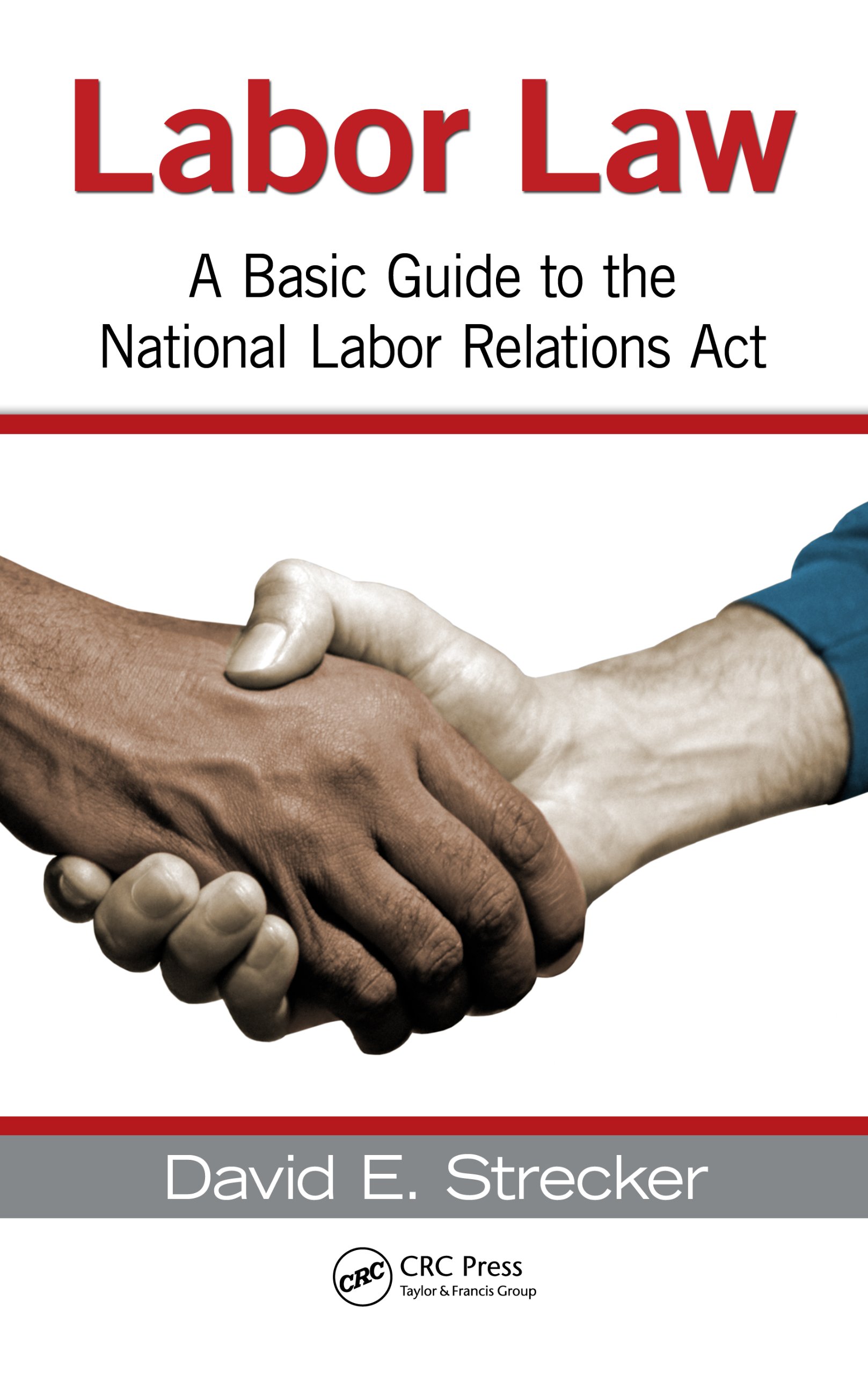Labor Law

Graphic by Alondra Pulido
Labor lawyers help clients with issues of employment, whether that be a question of workplace safety, discrimination, trade unions, or another matter. The work focuses on the relationship between employers and employees or unions. Labor laws vary from state to state, so lawyers specializing in this area must have a good understanding of their own state’s laws, particularly those pertaining to minimum wage, child labor, and rest and meal periods. Additionally, many working standards are outlined by the National Labor Relations Act (NLRA), so labor lawyers must also be familiar with this federal policy.
Labor law can be practiced in a variety of settings, including the government, law firms, and nonprofit organizations, however, the most common employer for labor lawyers tends to be unions. Within unions, lawyers work on disputes as they arise, litigating on behalf of union members or appealing to the National Labor Relations Board (NLRB). Additionally, labor lawyers may serve a more advisory function within unions, focusing on in-house work such as research and regulatory work related to collective bargaining and strategizing.

Photo by the UFCW Local 400 from Flickr
When representing unions and their members, labor lawyers play an important role in drafting solutions to overcome collective action problems. In particular, they help facilitate collective bargaining as outlined by the NLRA and may assist union members to negotiate new agreements with their management. Because there are unions in so many different fields, labor lawyers may find themselves representing clients that are professional athletes and actors or may represent international unions due to the expansion of globalization and workforce outsourcing.

National Labor Relations Board
Law students interested in pursuing a career in labor law and who seek a higher legal degree may consider obtaining the General Law LL.M. degree from the University of Washington School of Law. The program suits those who wish to pursue a higher degree, but whose interests do not fit perfectly in line with one of the more specialized LL.M. programs. Through the flexibility of the program, students can tailor their curriculum to best suit their interests and may choose a more interdisciplinary curriculum or focus their studies on labor law specifically. Interested law students may also consider partaking in the Workers' Rights Clinic at the University of Washington School of Law. Clinicians help low-wage workers understand and enforce their workplace rights.
Books
-
 Basic Text on Labor Law, Unionization, and Collective Bargaining
by
Publication Date: 1976Available online from HathiTrust Digital Library
Basic Text on Labor Law, Unionization, and Collective Bargaining
by
Publication Date: 1976Available online from HathiTrust Digital Library -
 The Developing Labor Law: The Board, the Courts, and the National Labor Relations Act
by
Publication Date: 2002
The Developing Labor Law: The Board, the Courts, and the National Labor Relations Act
by
Publication Date: 2002 -
-
 Labor Law: A Basic Guide to the National Labor Relations Act
by
Publication Date: 2011Available online from O'Reilly Academic
Labor Law: A Basic Guide to the National Labor Relations Act
by
Publication Date: 2011Available online from O'Reilly Academic -
 A Primer on American Labor Law
by
There are many new realities confronting labor in the United States. Technology is redefining traditional employment, and globalization continues moving manufacturing as well as service jobs to lower-cost jurisdictions. This sixth edition discusses the recent political developments that impact American labor, as well as new court cases and the social and economic issues that American workers are confronting.
Publication Date: 2019
A Primer on American Labor Law
by
There are many new realities confronting labor in the United States. Technology is redefining traditional employment, and globalization continues moving manufacturing as well as service jobs to lower-cost jurisdictions. This sixth edition discusses the recent political developments that impact American labor, as well as new court cases and the social and economic issues that American workers are confronting.
Publication Date: 2019
